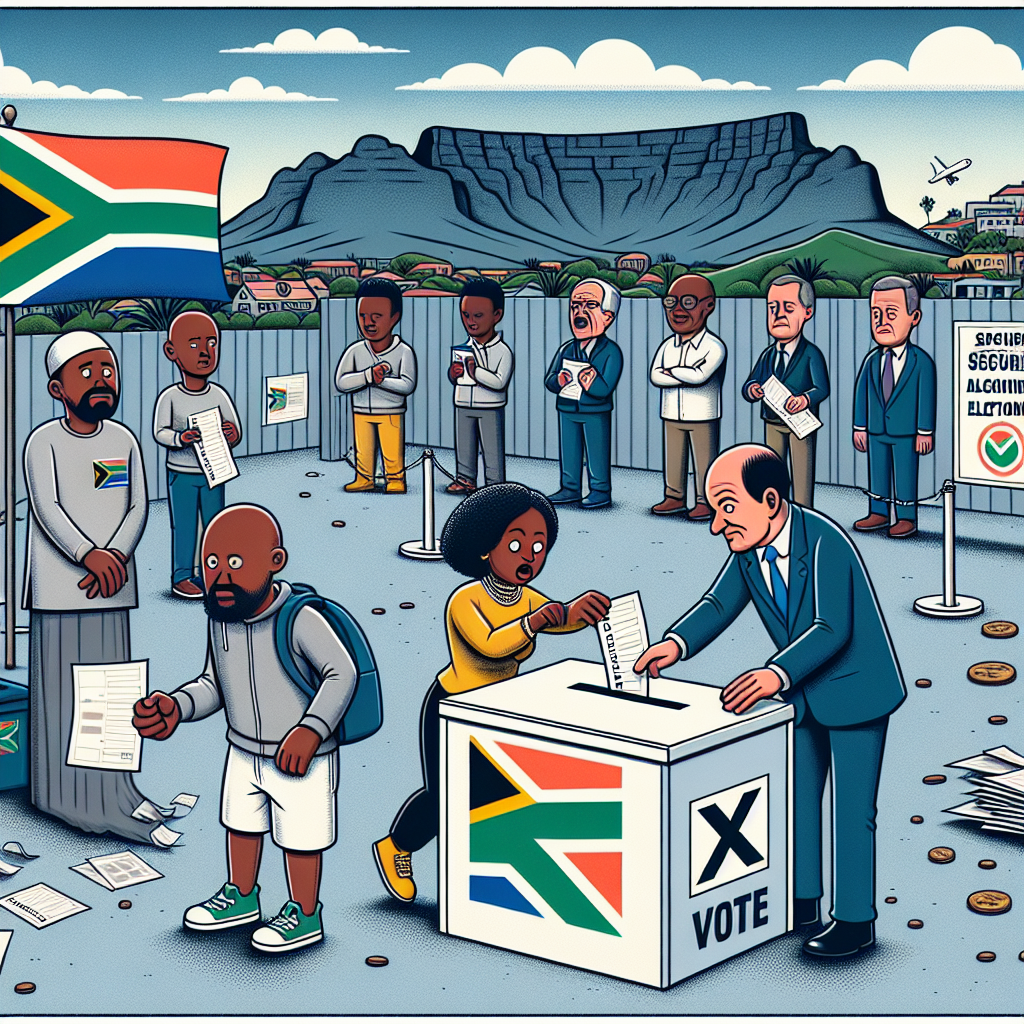Georgia's Electoral Crossroads: East vs. West
The parliamentary election in Georgia is a pivotal moment for the country, seen as a choice between aligning with Western powers or returning to Moscow's influence. The ruling Georgian Dream party seeks to maintain power amid accusations of voter intimidation, while opposition forces push for closer ties with the European Union.

On Saturday, Georgians head to the polls for a parliamentary election that has been framed as a crucial decision point for the nation's future direction: closer integration with Western powers or a tilt back toward Moscow's influence.
Since its 2012 rise to power, the ruling Georgian Dream party now faces four opposition blocs advocating stronger Western alliances. With a history marred by Russian aggression and pro-Western inclinations, Georgia's political landscape is at a crossroads, further complicated by Russian involvement in Ukraine and domestic tensions.
Amid accusations of electoral manipulation, both sides anticipate a significant turnout from the 3.5 million eligible voters, while polling projections emit a polarized political climate. Central to this debate is the Georgian Dream's founder, Bidzina Ivanishvili, who stresses national sovereignty against perceived Western war provocations.
(With inputs from agencies.)
- READ MORE ON:
- Georgia
- election
- parliamentary
- Georgian Dream
- opposition
- Moscow
- EU
- Russia
- politics
- Ivanishvili
ALSO READ
Escalation in Eastern Europe: Russia's Renewed Offensive
Union Minister Defends Free Speech Restrictions Amid Opposition Criticism
Tata's Strategic Expansion: Strengthens Grip in European Automotive Market
Space Giants Unite: Europe's Satellite Merger Talks Ignite
Explosive Debut: Europe's First Orbital Rocket Test Faces Setback










